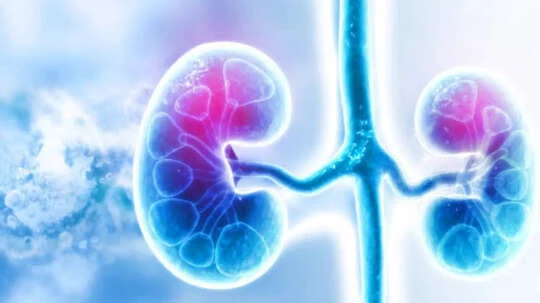According to experts, one such domain where misconceptions are dominating the truth includes your kidneys. Healthy kidneys filter about half a cup of blood every minute, removing wastes and extra water to make urine.
For you to maintain a safe water balance, there are three important components, which include the level of intake of water, excretion of water, and the ability of the heart to pump blood. “A person can enter into dehydration when the input lags behind or the excretory systems, such as the kidney, gut, and skin, liberate excess amounts of water out of the human body,” Dr P S Vali, senior consultant nephrologist – HOD Nephrology, Asian Institute of Nephrology and Urology, told Times Now. “In the same way, a person sustains overhydration or water toxicity if the intake exceeds far above the excretory system’s capability to excrete water load,” he added.
Dr Vali said anyone living in tropical countries should consume around 2.5 to 3 litres of water daily, and that includes those working under hot and humid conditions who need to proportionately increase water intake to match the excessive sweating. “Those who experience dehydrating conditions such as diarrhoea and vomiting have to level up their fluid intake either through oral or IV routes,” he added.
Why is water balance important?
On the contrary, there has to also be a balance, as even though kidneys have been bestowed with extraordinary reserve power to remove about 800 ml to 1000 ml of water per hour, consuming water beyond this limit can cause water intoxication.
Water intoxication causes dilution of sodium in blood, leading to a state known as dilutional hyponatraemia, where sodium levels in blood fall. Sodium is essential in maintaining the integrity of the brain. “When the serum sodium level falls, brain cells get swollen and sometimes lead to an alarming medical state known as cerebral edema,” said Dr Vali.
Brain swelling ranges from symptoms like intractable vomiting to seizures. In extreme cases, such a precipitous fall in sodium can result in brain damage and coma.
When your kidneys are failing in filtering, water intoxication results quite often, even with a mild increase in water intake. It happens mostly when your kidneys are not able to filter even the normal water load resulting from normal quantities of water.
Myths related to water
There have been many dangerous myths related to water intoxication, which state that consuming liberal quantities of water can repair your failing kidneys and unclog the failing kidney filters. “It is the common experience for any nephrologist that in people with kidney failure getting admitted with the consequences of excessive water consumption as a part of botched attempts to self-repair the failing kidneys,” said Dr Vali.
Such excess water consumption in kidney failure patients results in water toxicity, which in turn leads to low blood levels of sodium and accumulation of water in the lungs. This can, at times, become life-threatening and is known as pulmonary edema.
